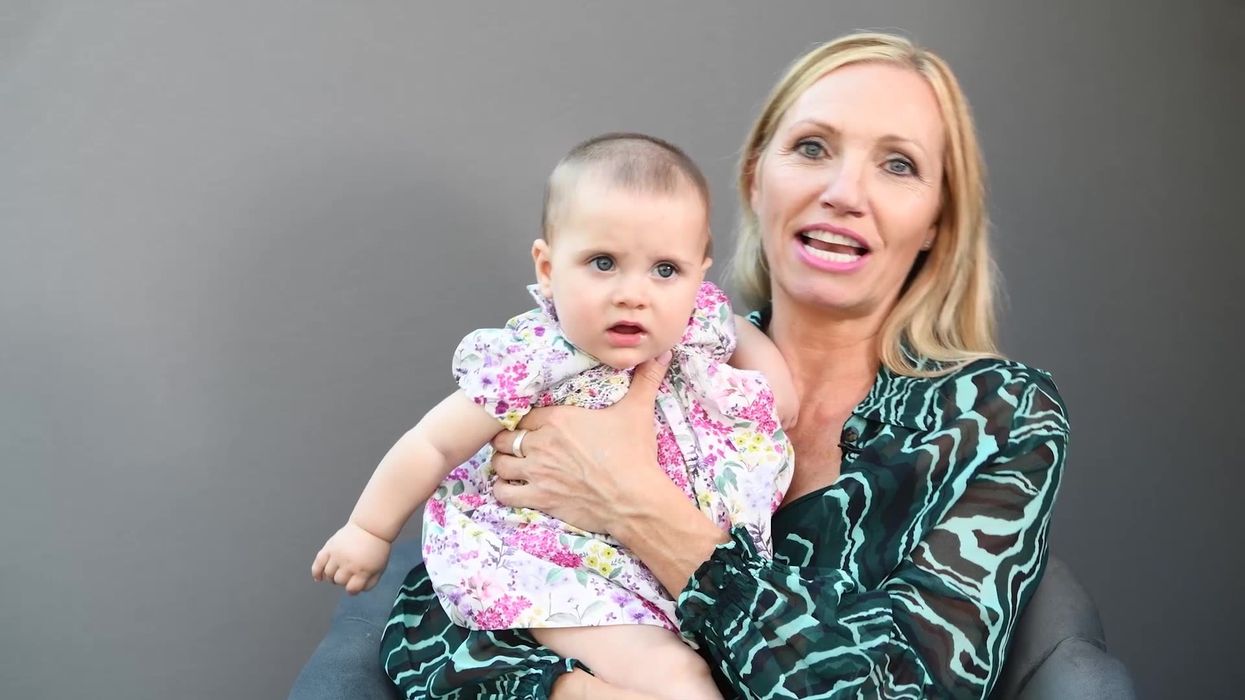Greg Evans
Apr 30, 2023
50-year-old explains why she had an IVF baby alone
content.jwplatform.com
Two healthy babies have been born in Spain from human eggs fertilized by a sperm-injecting robot that is controlled by Playstation 5 controller.
If that doesn't sound like a premise for a science-fiction movie then we don't know what is.
The start-up company Overture Life, based in Barcelona has basically created a slightly more futuristic version of in-vitro fertilization or IVF as it is more commonly known.
The usual treatment involves specialists combining a woman's egg and a man's sperm in a dish using a microscope and special needle that sometimes results in successful fertilisation.
However, current IVF practices are expensive, delicate and very hard work to get right. Each attempt at a pregnancy reportedly costs around $20,000.
Sign up to our free Indy100 weekly newsletter
So this is where companies like Overture come in, which are aiming to make IVF treatment more accessible and cheaper to everyone by using more automation in the process to ultimately achieve the goal of more babies, which Elon Musk will be pleased to hear.
This is where things like the Playstation controller come into use. Student engineer Eduard Alba maneuvered a tiny IVF needle, carrying single sperm cells and deposited them into eggs at least a dozen times.
Speaking MIT Technology Review, Alba said: "I was calm. In that exact moment, I thought, ‘It’s just one more experiment." Thanks to this Overture can now claim to have given birth to two healthy girls, who are the first to ever been conceived by a robot.
However, experts believe that there is still a long way to go before this practice becomes commonplace. Fertility doctor Gianpiero Palermo, who is credited with inventing the world's first intracytoplasmic sperm injection, or ICSI, in the 1990s, called the concept "extraordinary" but warned that it is only a "baby step." He added: "This is not yet robotic ICSI, in my opinion,” he says.
Others though, such as Zev Williams, director of Columbia University's fertility clinic, aren't as convinced. Williams said: "You pick up a sperm, put it in an egg with minimal trauma, as delicately as possible. [At the moment] humans are far better than a machine."
Still, this could be an exciting step in human evolution and Overture have already raised $37 million for further research, with the majority of it coming from major backers such as former YouTube CEO Susan Wojcicki.
Have your say in our news democracy. Click the upvote icon at the top of the page to help raise this article through the indy100 rankings.
Top 100
The Conversation (0)














